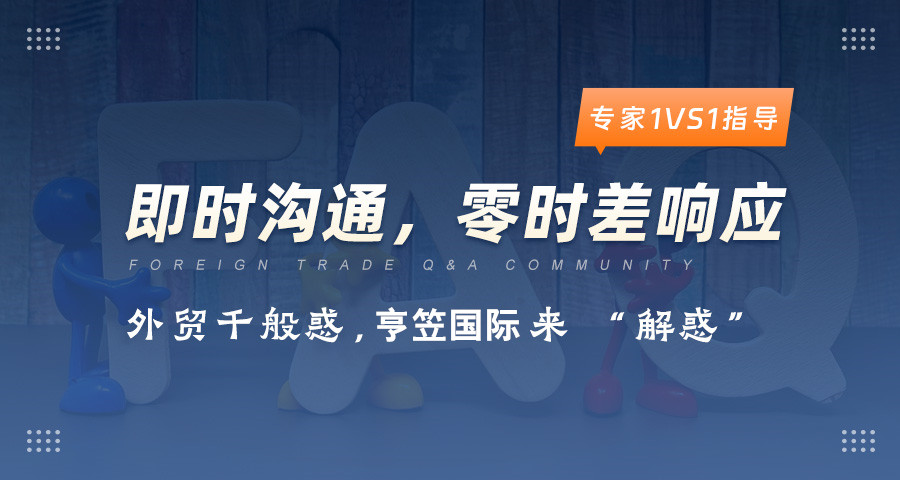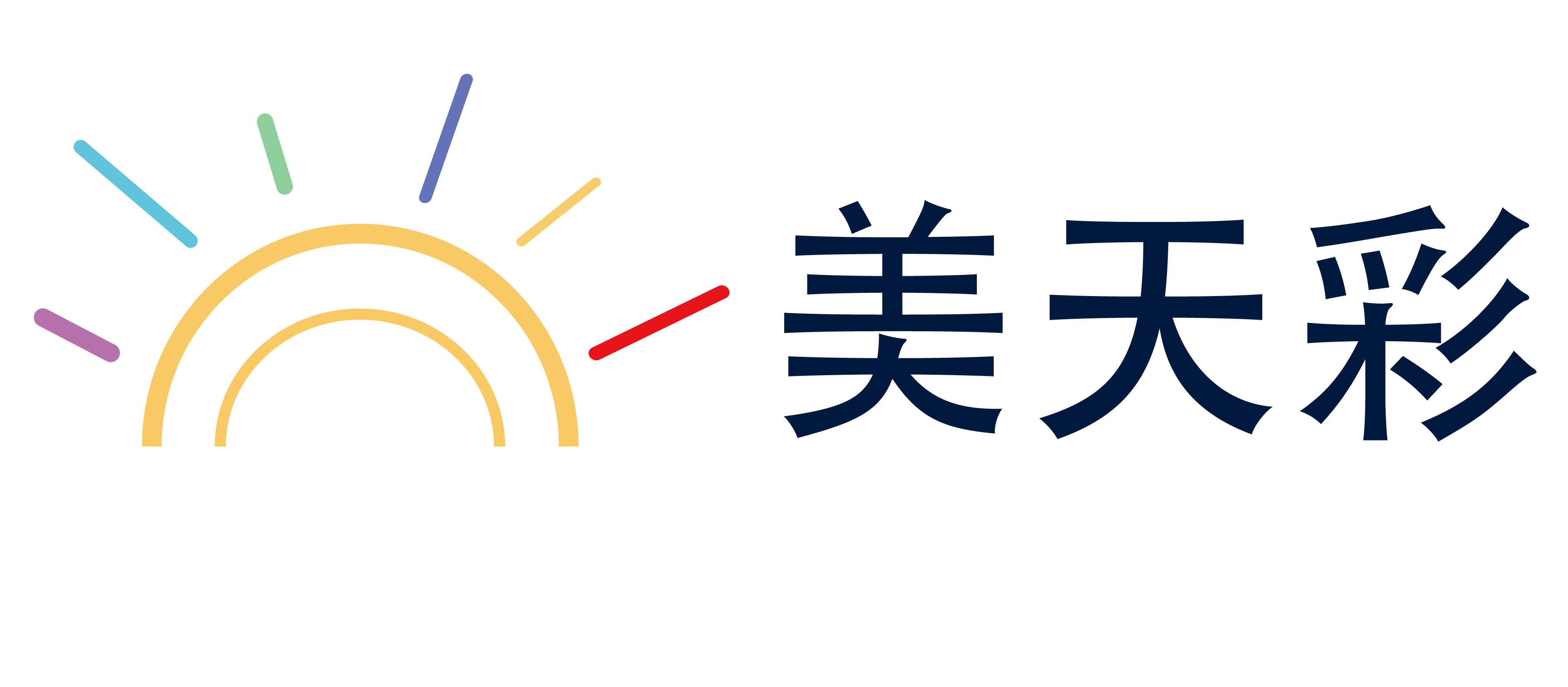泰国化妆品法规生产标准
Thailand Cosmetics Production Standards
Thailand, known for its rich cultural heritage and commitment to health and beauty, has established stringent regulations for the production of cosmetics. These regulations aim to ensure product safety, efficacy, and compliance with international standards. The Thai cosmetics industry is a significant contributor to the economy, and adherence to these standards is crucial for maintaining trust and consumer confidence.
1. Raw Material Standards
The production of cosmetics begins with raw materials, which must meet strict quality and safety criteria. Thai regulations require that all ingredients used in cosmetic products undergo rigorous testing for harmful substances, heavy metals, and other contaminants. Ingredients are categorized based on their potential risk, and only those deemed safe for human use are permitted in cosmetic products. Common ingredients, such as mineral oil, talcum powder, and parabens, must comply with specific limits to prevent allergic reactions and potential health risks.
2. Production Process
The production process is monitored and controlled at every stage to ensure consistency and safety. Thai cosmetic manufacturers must have a quality control system in place to track raw materials, ingredients, and finished products throughout the manufacturing process. All processes are carried out in accordance with Good Manufacturing Practices (GMP), which include proper sanitation, temperature and humidity control, and waste management. Additionally, the use of packaging materials must comply with environmental regulations to minimize waste.
3. Labeling and Documentation
All cosmetic products sold in Thailand must carry clear and accurate labeling that includes the product name, active ingredients, usage instructions, and other regulatory information. Labels must be in both Thai and English to cater to a multilingual population. manufacturers are required to provide detailed documentation, including the production date, batch number, and expiration date, to ensure traceability and compliance with regulations.
4. Safety and Performance Testing
Thailand's cosmetic industry undergoes comprehensive safety and performance testing to ensure that products meet international standards. Products are tested for toxicological, microbial, and physical performance to ensure they are safe for use. These tests include skin irritation tests, stability over time, and resistance to environmental factors like water and light. Results from these tests are essential to approve cosmetic products for market sale.
5. Registration and Licensing
Before a cosmetic product can be sold in Thailand, it must be registered with the relevant regulatory authority, the Division of Cosmetics, within the Ministry of Public Health. The registration process requires submission of detailed product information, including ingredient lists, production processes, and test results. Once registered, manufacturers must comply with ongoing licensing requirements to continue producing and selling the product.
6. Import and Export
The import of cosmetic products into Thailand is subject to strict regulations to ensure that imported products meet local standards. Importers must provide detailed information about the product, including its origin, and undergo inspection to verify compliance with regulations. Similarly, exported cosmetic products must comply with regulations in the importing country to ensure they meet global standards.
7. Consumer Protection
Thailand places a strong emphasis on consumer protection, and cosmetic products are no exception. The law requires manufacturers to ensure that their products are free from harmful substances, and consumers are informed about the risks associated with the use of cosmetic products. Additionally, the Thai government encourages consumers to report any adverse reactions to cosmetic products to help improve product safety.
8. Harmonization with International Standards
Thailand's cosmetic regulations are designed to harmonize with international standards, such as those set by the International Organization for Standardization (ISO) and the cosmetic industry standards set by the International beauty and personal care products Association (IFAC). This harmonization ensures that Thai cosmetic products meet the standards expected in global markets, enhancing Thailand's reputation as a reliable source of high-quality cosmetic products.
Conclusion
Thailand's cosmetics production standards are comprehensive and designed to protect consumer health and safety. From raw material selection to final product labeling and testing, each stage of the cosmetic production process is meticulously controlled to ensure compliance with regulations. By adhering to these standards, Thailand has established itself as a leader in the cosmetics industry, both domestically and internationally.
上述信息,涵盖图片、视频以及各类文字资料,美天彩仅扮演信息存储的角色。若存在任何侵犯知识产权或其他合法权益的情形,请立即联系我们删除,切实维护您的权益。
郑重声明
- 延伸阅读:
- 上一篇:东南亚乳液行业备案标准解析
- 下一篇:东南亚婴儿产品法规咨询

Experts Q & A
外贸专家答疑
为了帮助您更快地解决问题,建议向我们的外贸专家进行咨询,提供专业的方案咨询和策划。


马上留言 (0) 0